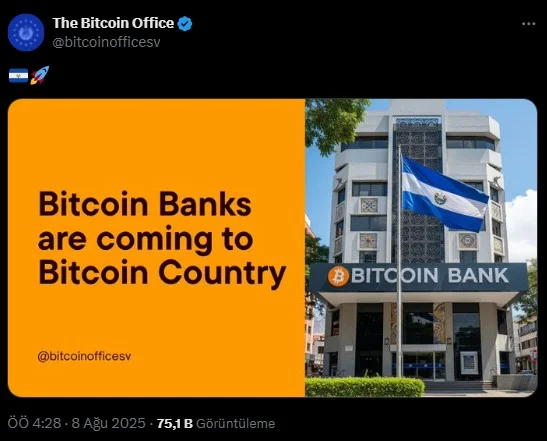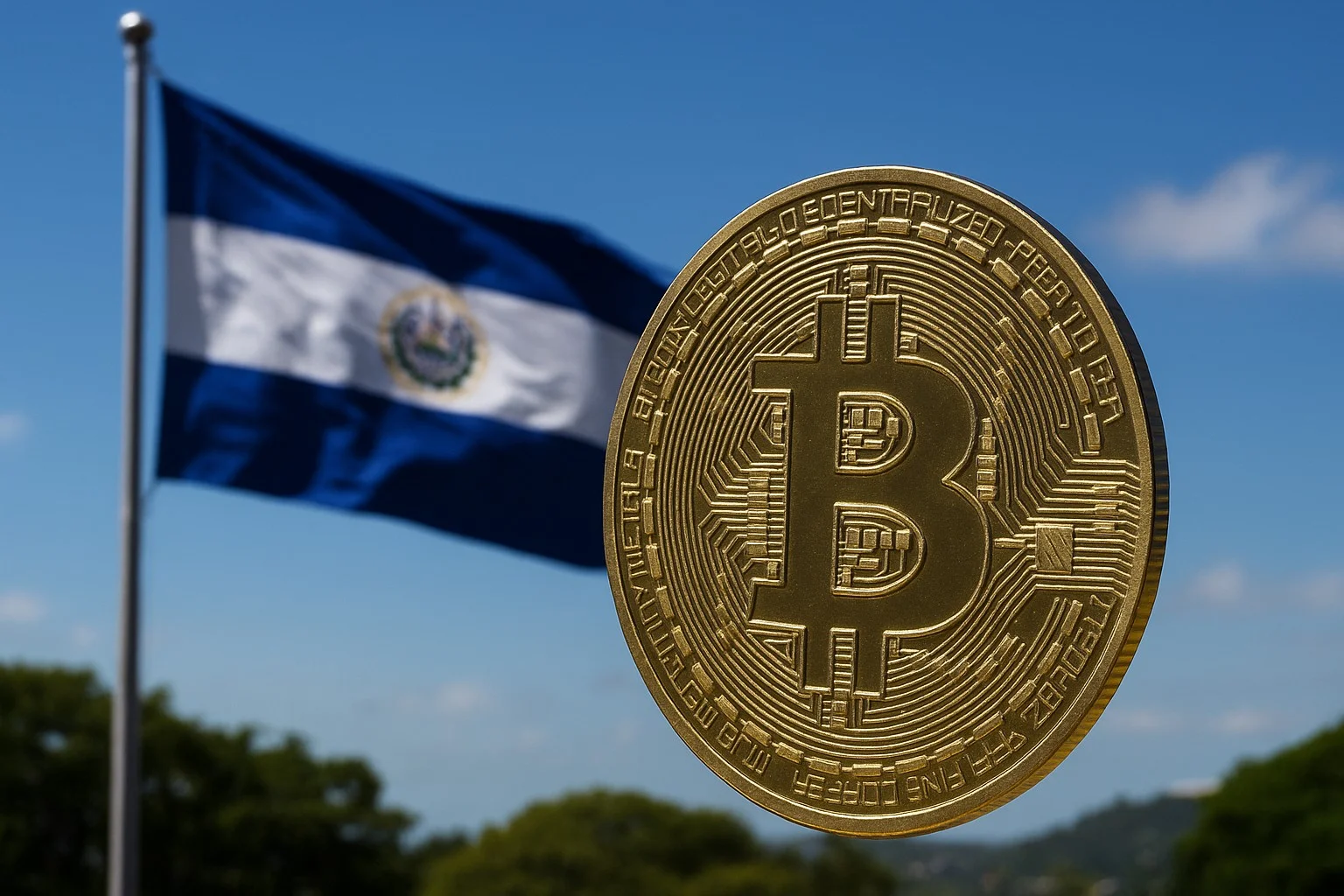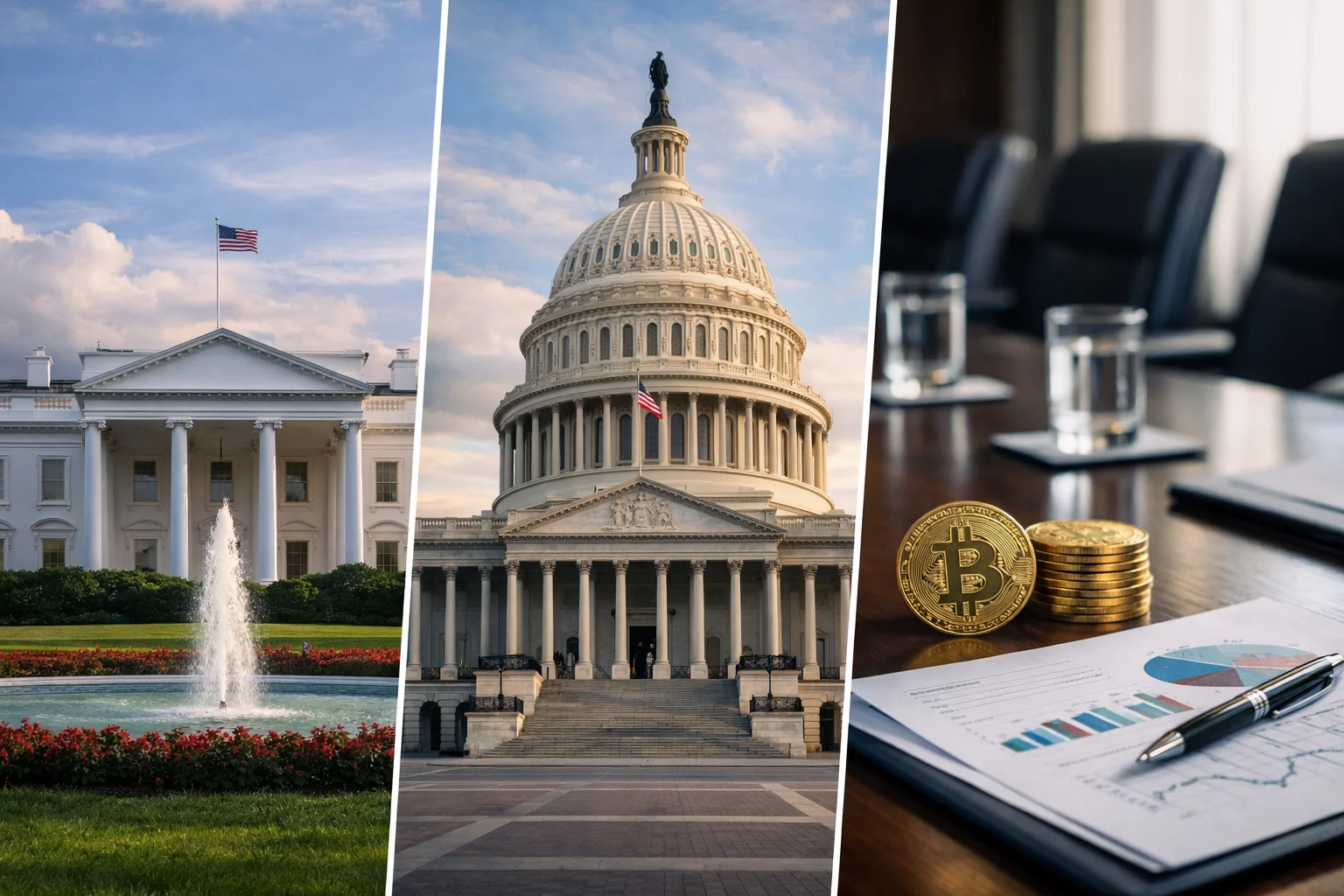El Salvador's Bitcoin revolution is taking a new dimension with a new and ambitious step. The country's official Bitcoin Office announced on social media platform X that "Bitcoin Banks" are on the way. These banks could make history as the world's first banking system built solely on Bitcoin.

While the announcement was brief, this development is expected to further integrate Bitcoin into the country's financial infrastructure. Speculation suggests that the Salvadoran government may be working on a new legal framework that would allow banking services entirely in BTC. This would allow savings accounts, loan services, and payments to be made entirely in Bitcoin.
A step aligned with the BPI model
This idea parallels the Bank for Private Investment (BPI) model introduced by President Nayib Bukele last year. Under this model, banks would be subject to less regulation than traditional financial institutions, have greater freedom to collaborate with international banks, and be flexible in lending. Proposed requirements for the BPI include a minimum capital of $50 million, a minimum requirement of two partners, and the ability to register as a digital asset manager or Bitcoin service provider. This proposal is currently under review by the Commission on Technology, Tourism, and Investments.
Ambitious Statements from Bitcoin Advisor Max Keiser
Max Keiser, a senior Bitcoin advisor to El Salvador's President Bukele, described the plan as an "unstoppable" step for Bitcoin. "Bitcoin is going to swallow all the $400 trillion in accumulated value in the world while bypassing central banks and their old, dysfunctional institutions," Keiser said. Keiser and his wife, Stacy Herbert, have been among the key architects of the country's pro-Bitcoin policies since Bitcoin was legally recognized in 2021.
If Bitcoin Banks are implemented, El Salvador could become the epicenter of global Bitcoin innovation. This could attract crypto investors, entrepreneurs, and companies seeking a Bitcoin-friendly ecosystem.
However, the project faces some significant challenges. First, a clear regulatory framework for how Bitcoin banks will operate has not yet been announced. The International Monetary Fund (IMF) has repeatedly warned about Bitcoin's risks, and this pressure, given El Salvador's $1.4 billion loan agreement, could limit the project's scope. Furthermore, Bitcoin's high volatility could impact the stability of deposits, loans, and overall bank operations. While Bitcoin is legal tender, the majority of the country's population still prefers the US dollar for daily transactions. Furthermore, criticism of the government's lack of transparency regarding Bitcoin purchases could undermine public trust. Whether El Salvador can implement this bold step will be determined by the legal and economic steps taken in the coming months.




